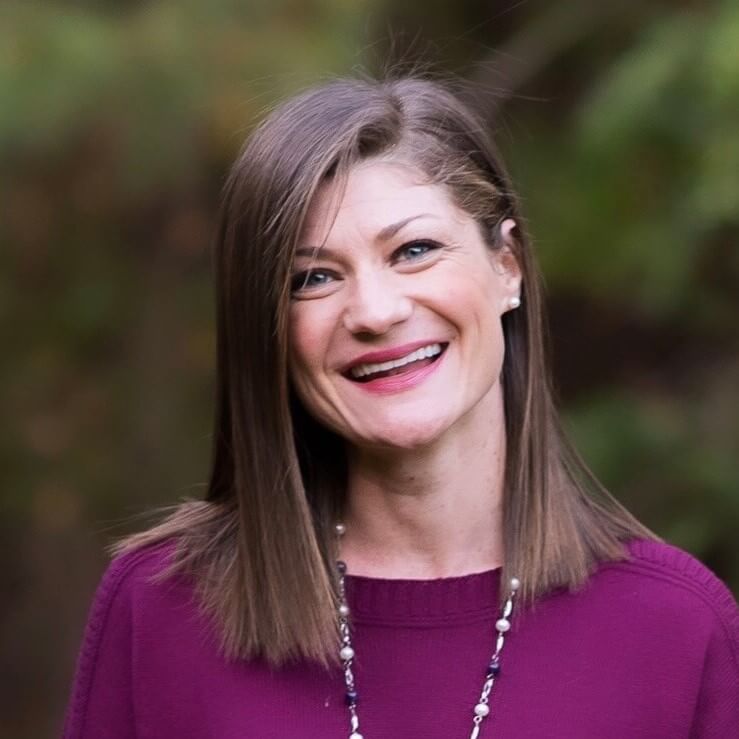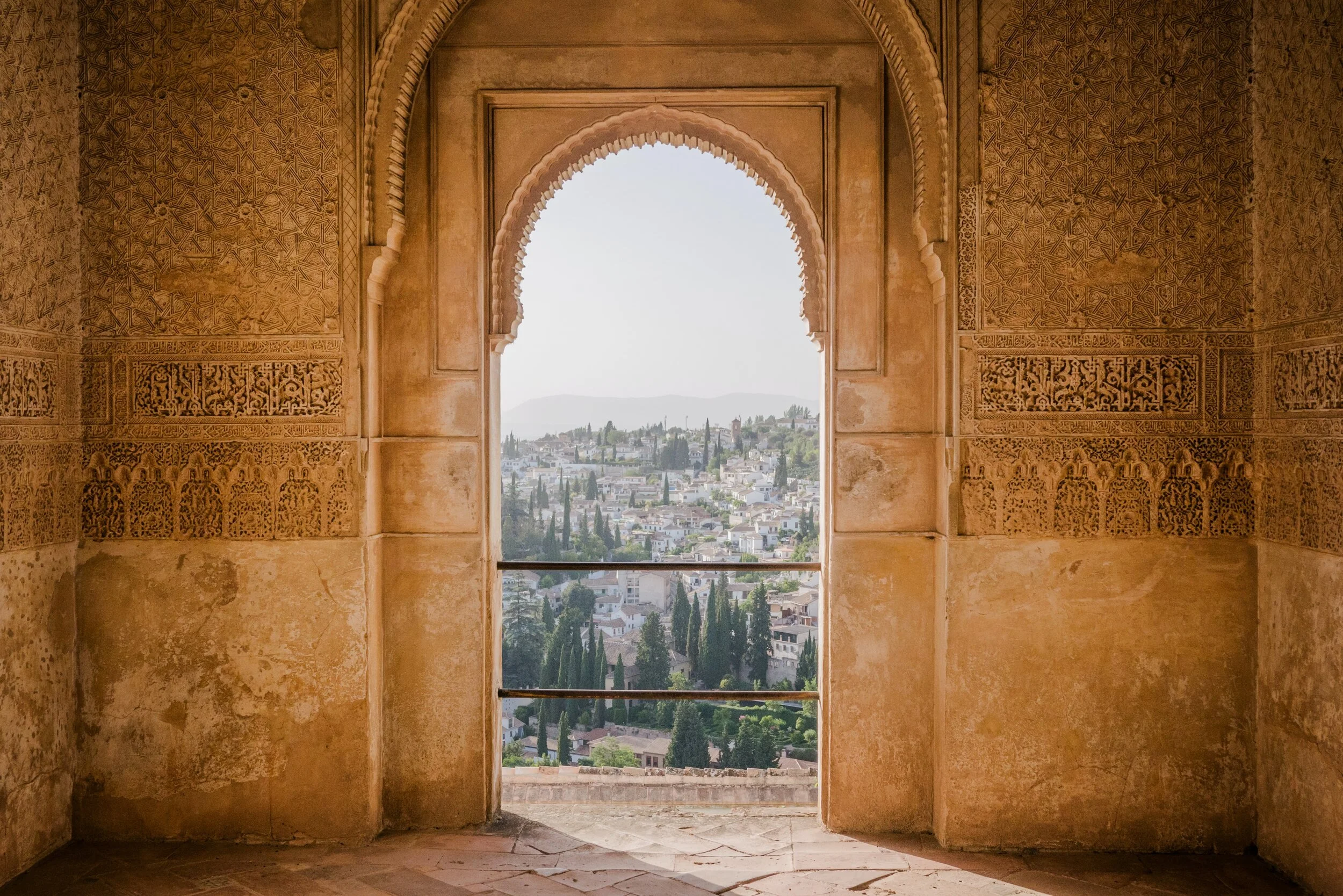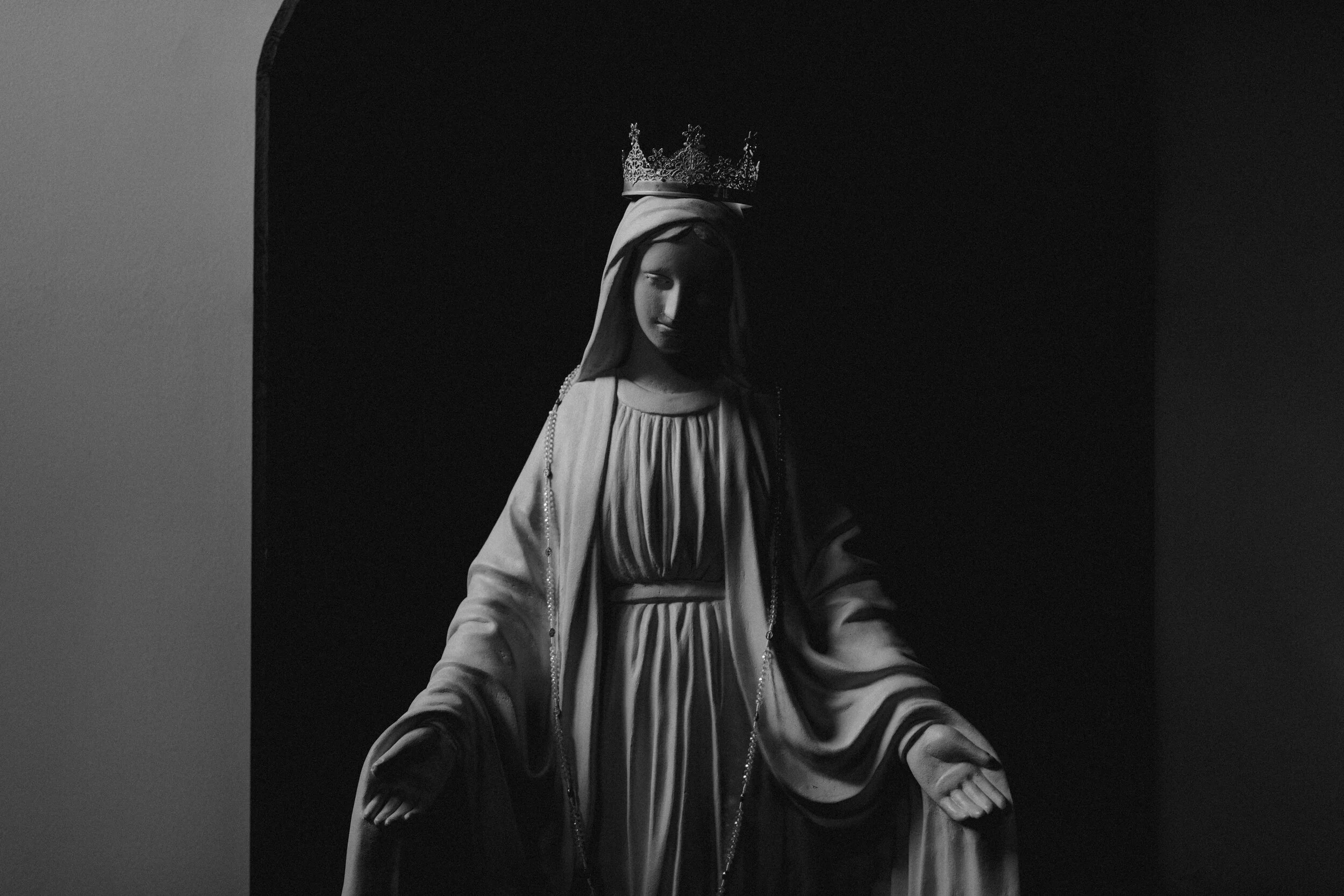Breaking the Tie Between a Person’s Worth and their Productivity
Letter from Nina Hancharik
Photo by Chelsey Shortman
Dear Sisters in Christ,
Even though I was raised in a Christian home, I believed the lie that a person’s worth was tied to their productivity. Our culture is competitive and the world conditions us to believe that our value lies in our accomplishments. In 2011, two significant events would reveal the truth about human dignity. First, my two-year-old son Seth was diagnosed with Autism. Second, I made the decision to become Catholic.
For years after Seth’s diagnosis we worked tirelessly to make him succeed by societal standards. As parents, we felt like failures when he didn’t meet the standard developmental milestones. Surely we weren’t working hard enough. We tried diets, supplements, and therapies, all to no avail. By the time he turned six, he could speak no more words than when he was two.
I was deeply discouraged by the prospect that he may never function like a “typical” person. We live in a society that often underestimates the intelligence of people with disabilities. They are largely dismissed, marginalized and abandoned. I feared for him and his future. Desperate for help, I reached out to several local Autism support groups where I learned about a communication workshop for people with speech challenges. Despite the prevailing belief that non-speaking individuals lacked the language skills to communicate, we persisted. At the workshop, we witnessed non-speaking autistics demonstrate age-appropriate communication skills by pointing to letters on an alphabet board. We soon discovered that our son could point to letters as well. It was hard work for him to move his finger and arm to point, so progress was slow. We realized it would take much time and effort to achieve fluent communication.
Meanwhile, I began to discover numerous blogs composed by non-speakers who had learned to communicate by pointing to letters and typing. Many of them had profound spiritual insights reminiscent of the saints we were learning about. Throughout history, spiritual people are often beset by great challenges in life. Padre Pio and Saint Catherine of Siena endured the stigmata. Mother Teresa and Saint John of the Cross experienced the “dark night of the soul.” Countless saints suffered from cancer and other illnesses. The suffering Seth experienced from his disability was most apparent to us when he would burst into tears of frustration. Surely there were times when he felt the ability to communicate was hopeless. As we acknowledged his feelings and empathized with him, we shared in his suffering. Our attitude began to shift as we started seeing Seth’s cross as a gift that would aid in his sanctification and ours as well. As we shared in his suffering, we shared in the suffering of Christ. Saint Paul says in his letter to the Romans, “More than that, we rejoice in our sufferings, knowing that suffering produces endurance, and endurance produces character, and character produces hope…”
At our parish, Seth attended regular religious education classes with my assistance. By pointing to the letterboard, he was able to communicate his belief in God and the true presence of Christ in the Eucharist. At eight years old, he received the sacraments of Reconciliation and First Communion along with his classmates. Seth’s life was a contradiction to the stereotypes that often accompany disabled people, and our parish community was a witness to that.
For over 2000 years the Catholic Church has been vocal about the dignity of the human person. Popes, saints, religious and lay people alike have consistently defended those without a voice, including disabled people. According to the Church, all humans, made in the image of God, are infinitely valuable in their very being, apart from what they can do.
Acknowledging this truth changed the way I view my son and every other human being who is labeled incapable by society. Pope John Paul II’s encyclical Evangelium Vitae reminds us to “respect, protect, love and serve life, every human life! Only in this direction will you find justice, development, true freedom, peace and happiness!” Furthermore, the encyclical specifically appeals to women and mothers to learn and teach the Gospel of the Dignity of the Person.
And what better woman and mother to model perfect love for every human person than the Blessed Mother? She has shown by her example how I am to care for my son. By her fiat, she welcomed Christ into the world despite the suffering it would bring her. I, too, must suffer alongside my son, giving of myself fully without expecting anything in return. By loving him unconditionally, I join the Church in her mission to defend the vulnerable. As Jesus says in Matthew 25:40, “As you did it to one of the least of these my brethren, you did it to me.”
Family prayer is an integral part of our domestic church. For years we prayed for Seth to be healed. Instead, he healed us. For so long we wanted him to conform to the world’s standards, but God’s standards are often the opposite of the world. Our prayers are different today. Now we pray that God will be glorified through Seth and his disability. We pray for joy in the suffering. And we pray that all people will see the infinite value in every soul, regardless of their capabilities.
Yours in Christ,
Nina
Handwritten quote from the writer. (Photo by Chelsey Shortman)

About the Writer: Nina is a convert married to a cradle Catholic whose persistent Socratic questioning led her to the fullness of the Christian faith. She is passionate about the domestic church and tries to incorporate faith into all aspects of life with five kids in the Atlanta suburbs. Nina enjoys homeschooling, reading aloud, going on field trips, and learning about the Saints. In her free time, you might find her listening to apologetics podcasts and evangelizing on Instagram @seek.truth.always.
Read Related Letters
Want to Know When We Publish a New Letter?
For Your Reflection:
Pray about it: Take a moment to pray that all people will see the infinite value in every soul, regardless of their capabilities.
Write about it: Have you ever spent a long time praying for something, only to later realize that God had already answered your prayers in another way? What did you learn from that experience?
Share your own story by commenting below










